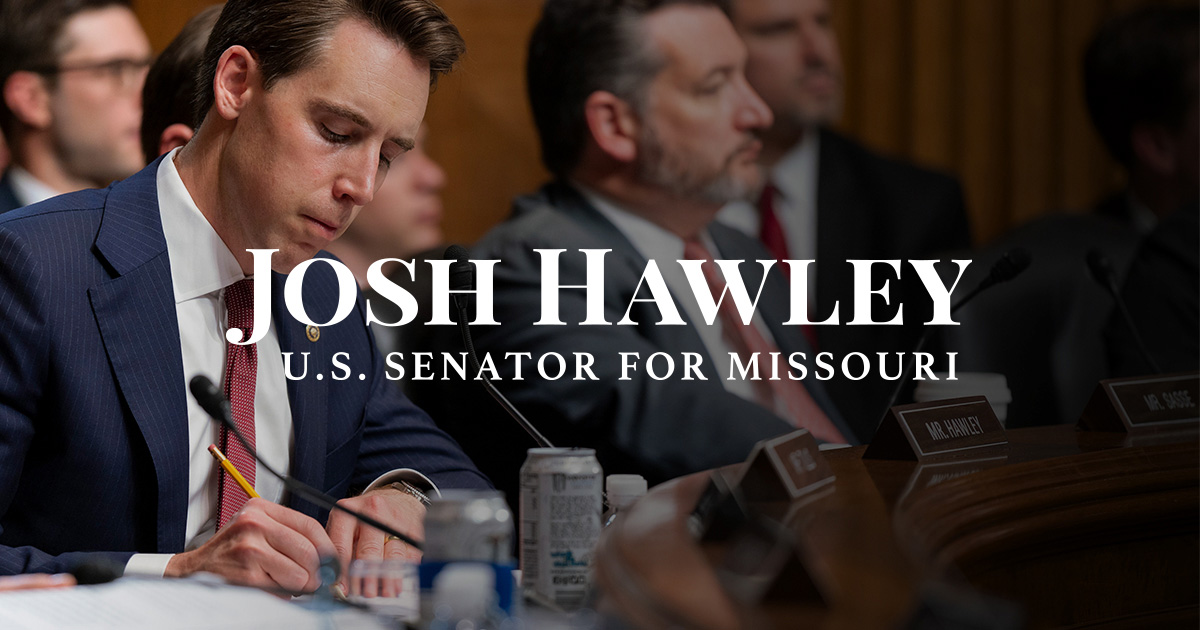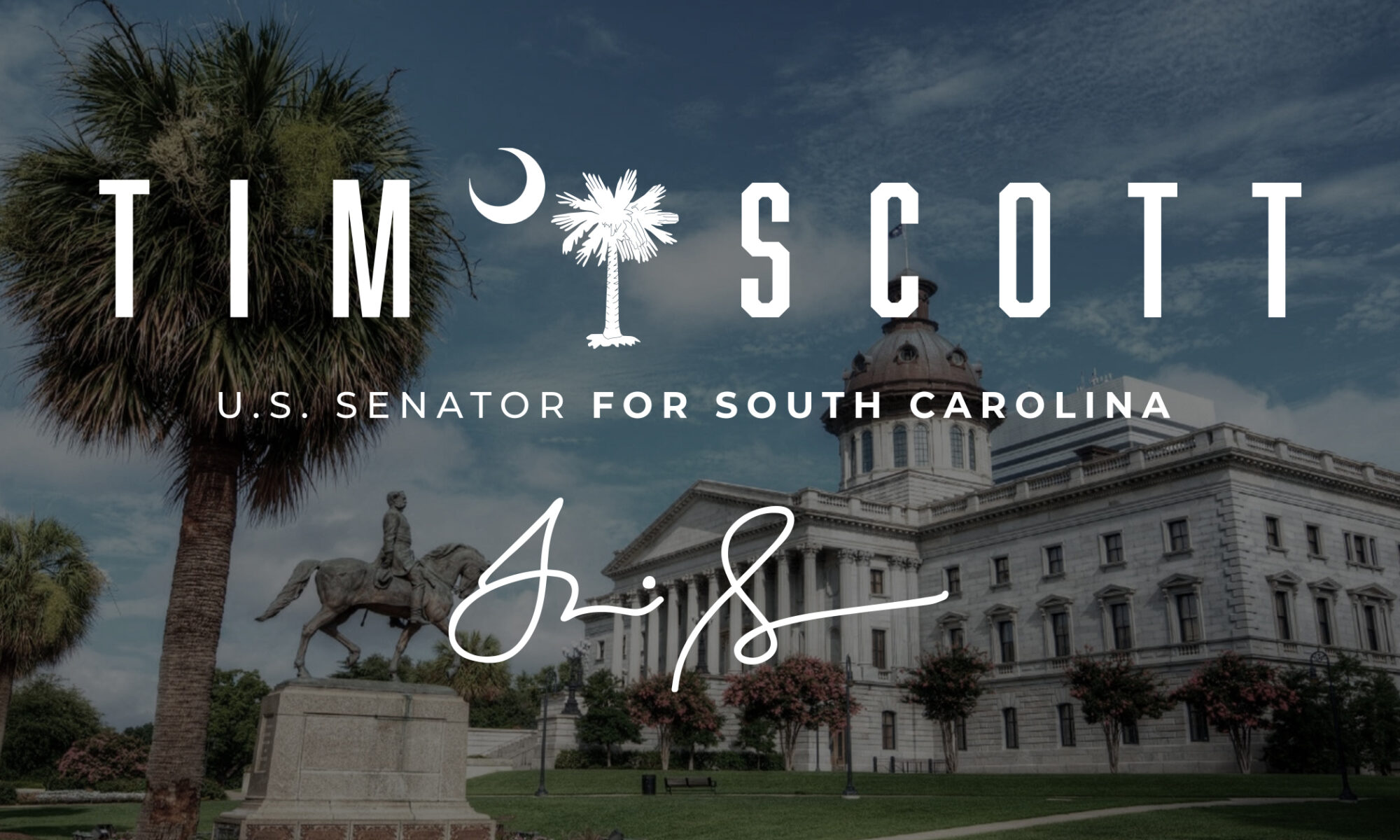Source: United States Senator for Nebraska Deb Fischer
Notes BoR’s Poor Communication, Outlines Actions Needed to Remedy Situation
U.S. Senators Deb Fischer (R-Neb.) and Pete Ricketts (R-Neb.), as well as U.S. Representative Adrian Smith (NE-03), sent a letter to the Hitchcock and Red Willow County Commissioners about the Swanson and Red Willow reservoirs. The letter was also shared with the concessionaires at the reservoirs.
In the letter, the three members outline their shared frustration with the Bureau of Reclamation’s (BoR) handling of the concession areas at the Swanson and Red Willow Reservoirs. The group then notes what steps would need to be taken at the local level to begin the process of introducing land transfer legislation at the federal level.
“We appreciate receiving your comments and share your frustration with the BoR’s management of the reservoirs’ future. Given the impacts to numerous Nebraskans and multiple communities, it is critical there is clarity on what courses of action can be taken at the federal level and what role a local entity would need to play to remedy the situation,” said the Members.
“In order to pursue land transfer legislation, a local entity – such as the NGPC, a county, or other types of entities listed above – would need to provide our offices with official documentation that they are willing to accept the land, are capable of managing it for the public, and will take on the associated responsibilities and liabilities.
“We share your concerns with how the BoR has managed the situation and want to support the families of the Swanson and Red Willow communities. We stand ready to sponsor legislation to authorize a land transfer but cannot do so without a willing and capable public entity,” the Members continued.
Full text of the letter can be found below:
Thank you for contacting us about Bureau of Reclamation (BoR) Swanson and Red Willow Reservoirs. We appreciate receiving your comments and share your frustration with the BoR’s management of the reservoirs’ future. Given the impacts to numerous Nebraskans and multiple communities, it is critical there is clarity on what courses of action can be taken at the federal level and what role a local entity would need to play to remedy the situation.
As you know, in the master lease agreement signed in April of 2022, Nebraska Game and Parks Commission (NGPC) and BoR decided to have BoR directly manage the concession areas at the Swanson and Red Willow Reservoirs, removing NGPC from the day-to-day management process. Since BoR has taken over direct management of the concession areas, we have pushed BoR to create clear lines of communication with impacted parties. BoR has failed in this communication, as evidenced by failing to provide contracts and documents to concessionaires for review in a timely manner, and failing to be transparent about BoR’s plans for future development of the area.
We have received requests to introduce legislation to transfer ownership of the areas from BoR to a local stakeholder. When land transfer legislation has been successful in past Congresses, it has required a local public entity that is willing to take on the liability and responsibility of permanent management. Such a public entity could include a state recreation agency, a municipality, a water association or irrigation district, or a natural resources district. Additionally, the entity that receives the land traditionally has been either the current operator, or has had extensive experience operating the area (e.g. in the manner that NGPC previously managed these concession areas). These procedures have been followed to ensure the land can continue to be managed for the public interest.
In order to pursue land transfer legislation, a local entity – such as the NGPC, a county, or other types of entities listed above – would need to provide our offices with official documentation that they are willing to accept the land, are capable of managing it for the public, and will take on the associated responsibilities and liabilities.
Unless a local entity formally notifies the delegation they will accept the land, we cannot begin the lengthy federal legislative process. Land transfer legislation often takes years to succeed. The legislation would need to pass both the House of Representatives and the Senate before being signed into law by the President. As we have relayed in the past, we stand ready to pursue this avenue; we are concerned, however, a delay in receiving official feedback from a ready and willing partner has shortened the window of opportunity for getting this done before Swanson and Red Willow residents are impacted by BoR actions.
We share your concerns with how the BoR has managed the situation and want to support the families of the Swanson and Red Willow communities. We stand ready to sponsor legislation to authorize a land transfer but cannot do so without a willing and capable public entity.
Again, thank you for contacting us.
Links to each letter:
Hitchcock County Commissioners
Red Willow County Commissioners
Concessionaires




